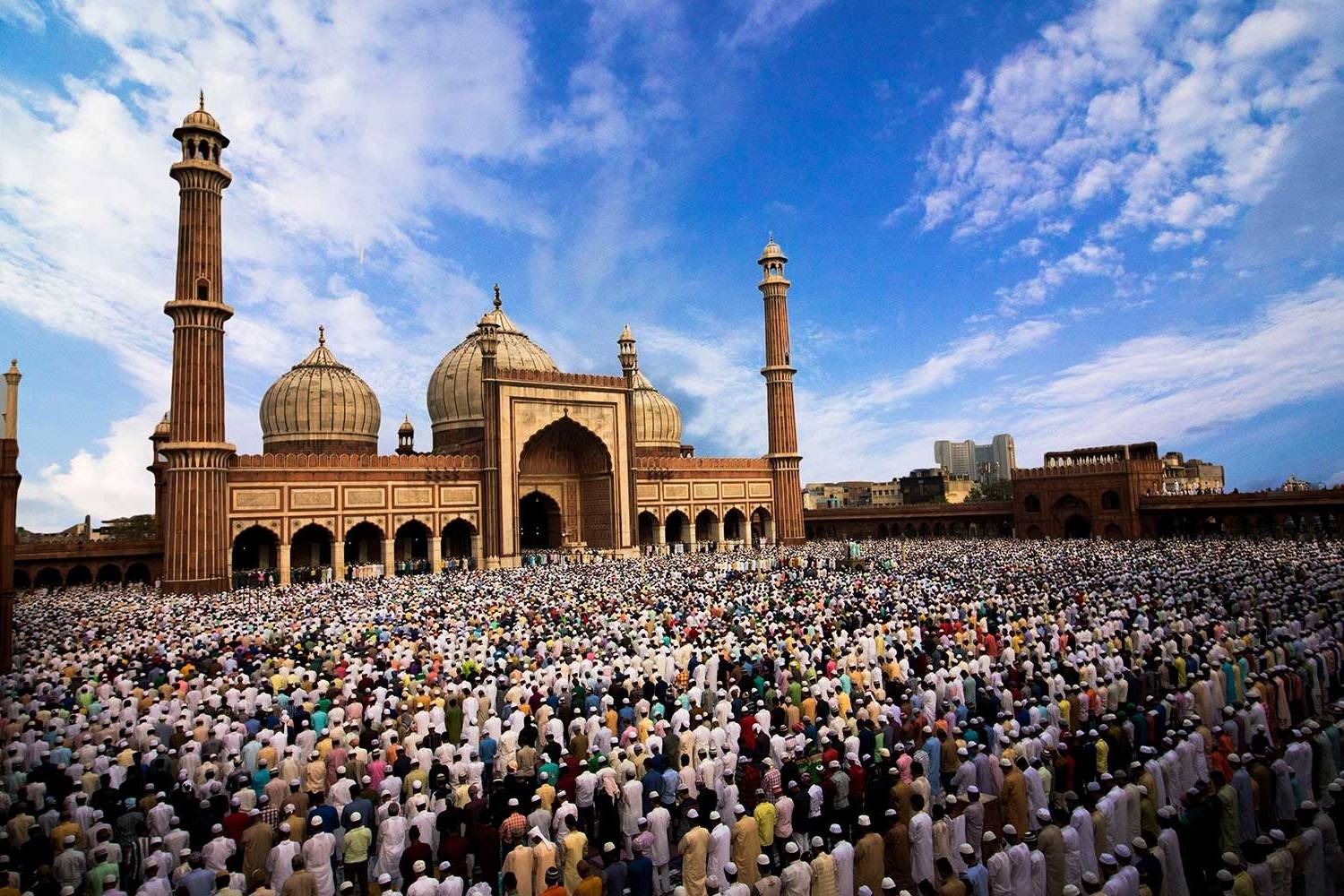
Eid Al-Adha, also known as the "Festival of Sacrifice," is one of the most significant holidays in the Islamic calendar. Celebrated by millions of Muslims worldwide, it commemorates the willingness of Prophet Ibrahim (Abraham) to sacrifice his son as an act of obedience to God. But what makes this festival so special? From the symbolic act of animal sacrifice to the communal prayers and feasts, Eid Al-Adha is rich in traditions and meanings. Families come together, share meals, and give to those in need, making it a time of unity and generosity. Curious to learn more? Here are 12 fascinating facts about Eid Al-Adha that will give you a deeper understanding of this important celebration.
What is Eid Al-Adha?
Eid Al-Adha, also known as the "Festival of Sacrifice," is one of the most significant Islamic holidays. Celebrated by millions of Muslims worldwide, it commemorates the willingness of Prophet Ibrahim (Abraham) to sacrifice his son as an act of obedience to God. Here are some fascinating facts about this important festival.
-
Eid Al-Adha is celebrated on the 10th day of Dhu al-Hijjah, the last month of the Islamic lunar calendar. The date varies each year based on the lunar cycle, making it different from the Gregorian calendar.
-
The festival lasts for about three to four days. This period allows Muslims to perform various rituals, including the sacrifice of an animal, and spend time with family and friends.
The Story Behind Eid Al-Adha
The story of Eid Al-Adha is rooted in faith and devotion. It revolves around Prophet Ibrahim's ultimate test of faith.
-
Prophet Ibrahim was commanded by God in a dream to sacrifice his son, Ismail. This test of faith is a central theme of the festival, symbolizing complete submission to God's will.
-
At the last moment, God replaced Ismail with a ram, sparing his life. This act is commemorated by Muslims through the ritual sacrifice of an animal, usually a sheep, goat, cow, or camel.
Rituals and Traditions
Eid Al-Adha is rich with rituals and traditions that vary slightly across different cultures but share common elements.
-
The day begins with a special prayer known as Salat al-Eid. This prayer is performed in congregation at mosques or open fields and is followed by a sermon.
-
Muslims dress in their finest clothes for the occasion. Wearing new or clean clothes symbolizes purity and respect for the sacredness of the day.
-
The sacrificial animal is divided into three parts. One-third is kept for the family, one-third is given to relatives and friends, and one-third is donated to the needy.
Global Celebrations
Eid Al-Adha is celebrated with great enthusiasm around the world, each region adding its unique flavor to the festivities.
-
In Saudi Arabia, millions of Muslims gather in Mecca for the Hajj pilgrimage. This pilgrimage is one of the Five Pillars of Islam and coincides with Eid Al-Adha.
-
In Indonesia, the world's largest Muslim-majority country, the festival is known as Idul Adha. It is marked by communal prayers, feasts, and the distribution of meat to the less fortunate.
-
In Turkey, the festival is called Kurban Bayramı. Families come together to share meals, and the tradition of sacrificing an animal is widely observed.
Modern Practices
While the core traditions remain, modern practices have also found their way into the celebration of Eid Al-Adha.
-
Many Muslims now opt for online platforms to donate their sacrificial animal. This ensures that the meat reaches those in need, even in distant regions.
-
Social media plays a significant role in connecting families and friends. Sharing greetings, photos, and videos of the celebrations has become a common practice.
Eid Al-Adha is a time of reflection, gratitude, and community. It brings people together, reminding them of the values of sacrifice, charity, and faith.
The Heart of Eid Al-Adha
Eid Al-Adha, also known as the Festival of Sacrifice, holds deep significance for Muslims worldwide. This celebration honors the willingness of Ibrahim to sacrifice his son as an act of obedience to God. Families come together, share meals, and give to those in need, embodying the spirit of charity and community. The festival's rituals, from the special prayers to the act of Qurbani, highlight the values of faith, compassion, and generosity. Understanding these traditions helps appreciate the rich cultural and religious tapestry that makes Eid Al-Adha so special. Whether you're participating or simply observing, the essence of this festival is a reminder of the importance of faith, family, and giving back. So next time Eid Al-Adha comes around, you'll know just how meaningful and beautiful this celebration truly is.
Was this page helpful?
Our commitment to delivering trustworthy and engaging content is at the heart of what we do. Each fact on our site is contributed by real users like you, bringing a wealth of diverse insights and information. To ensure the highest standards of accuracy and reliability, our dedicated editors meticulously review each submission. This process guarantees that the facts we share are not only fascinating but also credible. Trust in our commitment to quality and authenticity as you explore and learn with us.
